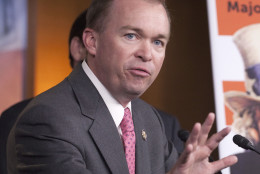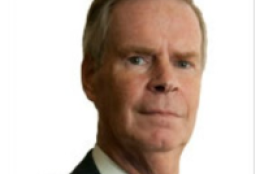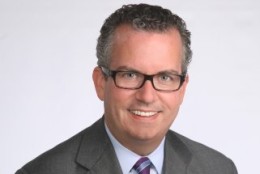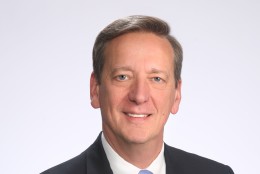Grant Thornton
-
Former agency leaders urge collaboration, perseverance as government reorganization heads into fiscal 2018.
August 16, 2017 -
The 2016 federal contractor survey sponsored by Grant Thornton found vendors are optimistic about working in the public sector, despite facing more competition and lower profit margins.
June 26, 2017 -
Congress has been criticized for kicking the can down the road when it comes to federal spending, but as the government shutdown clocks ticks closer to midnight — and agencies dust off their contingency plans — some are wondering if that kicked can might be the best option right now.
April 21, 2017 -
The Defense Department has spent well over a decade and tens of billions of dollars to buy enterprise resource planning (ERP) systems with the hope that they would help the military adopt modern, automated business processes and pave the way to financial auditability. But a strikingly small number of DoD financial managers think the systems have done anything to make their jobs easier.
January 20, 2017 -
President-elect Donald Trump nominated Rep. Mick Mulvaney (R-S.C.) to be the director of the Office of Management and Budget.
December 19, 2016 -
The Homeland Security Department's struggles to recruit, retain and develop top talent, as well as its challenges in fostering working industry relationships, will be key priorities as DHS approaches the upcoming transition and its 15th anniversary. That's according to a survey of DHS and industry executives from the Homeland Security and Defense Business Council.
December 05, 2016 -
The Office of Management and Budget Controller David Mader says the chief financial officers community will handle the presidential transition just fine, thanks in part to the community's work on budget, shared services, risk management and data transparency.
November 30, 2016 -
For incoming politicals of the new administration, building a good working relationship with their inspector general is an opportunity to avoid early pitfalls in getting acclimated and improve the effectiveness of their organizations over the coming years.
September 08, 2016 -
GSA’s successes with downplaying price as an evaluation factor in picking contractors for large multiple-award contracts has spurred a broader look at this concept.
June 13, 2016 -
From cybersecurity to clean transportation to curing cancer, the 2017 budget request from the Obama Administration is ambitious. The non-Defense portion of the discretionary budget would rise to nearly $600 billion. For one view of what the budget is saying and what it might mean to federal agencies, Federal Drive with Tom Temin turned to Robert Shea, principal at Grant Thornton and former Office of Management and Budget official during the Bush administration.
February 11, 2016 -
It's a big hairball, but it has a vital mission and thousands of dedicated employees. The Homeland Security Department and the greater homeland security enterprise are still works in progress. To gauge where it's all headed, the Homeland Security and Defense Business Council and Grant Thornton surveyed dozens of federal and industry executives. Phil Kangas, principal with Grant Thornton's Global Public Sector, joined Federal Drive with Tom Temin to share the details.
November 20, 2015 -
You learn a thing or two after 35 years in federal management. David Haun led efforts at the Office of Management and Budget during creation of the Homeland Security Department. More recently, he's managed OMB's oversight portfolio for departments that together spend $150 billion a year. He's received just about all the awards a career civil servant can. Now he's joined the public sector practice at Grant Thornton and Thursday joined Federal Drive with Tom Temin to share what big management hurdles remain for the federal government.
November 19, 2015 -
Chief financial officers often see some of the same challenges in hiring and recruiting financial managers, producing cost information and performance and risk management that they encountered 25 years ago.
November 17, 2015 -
Some members of industry described a culture of fear within the Homeland Security Department, which holds them back from doing business with with DHS. The department's undersecretary for management, Russell Deyo, said he's concerned by industry's fractured relationship.
November 12, 2015 -
Managers within the Homeland Security Department's headquarters say the Secretary's "Unity of Effort" initiative is working better for them than it is for individual agencies. Component agencies say unity programs have little impact on their missions.
November 11, 2015














